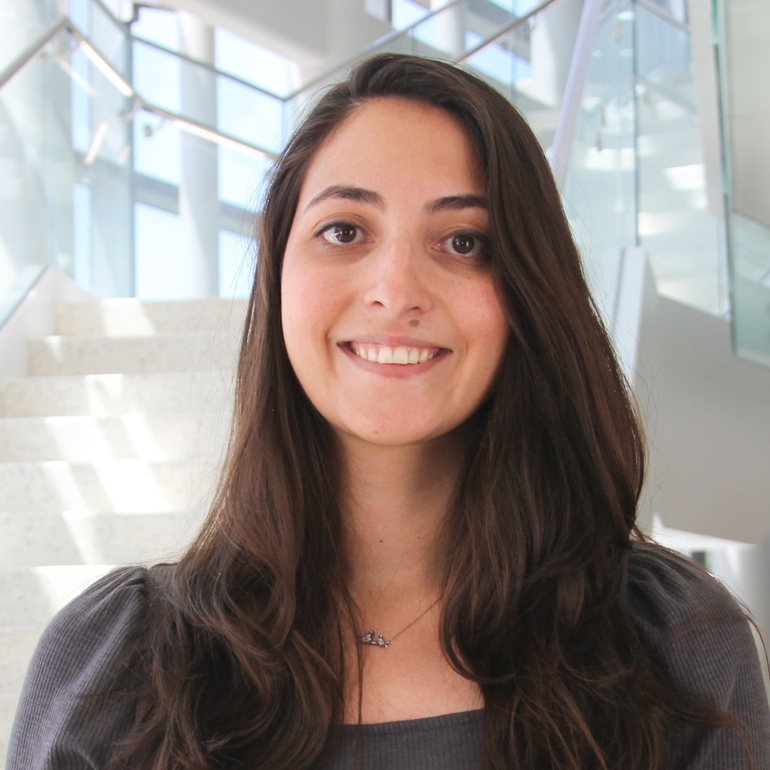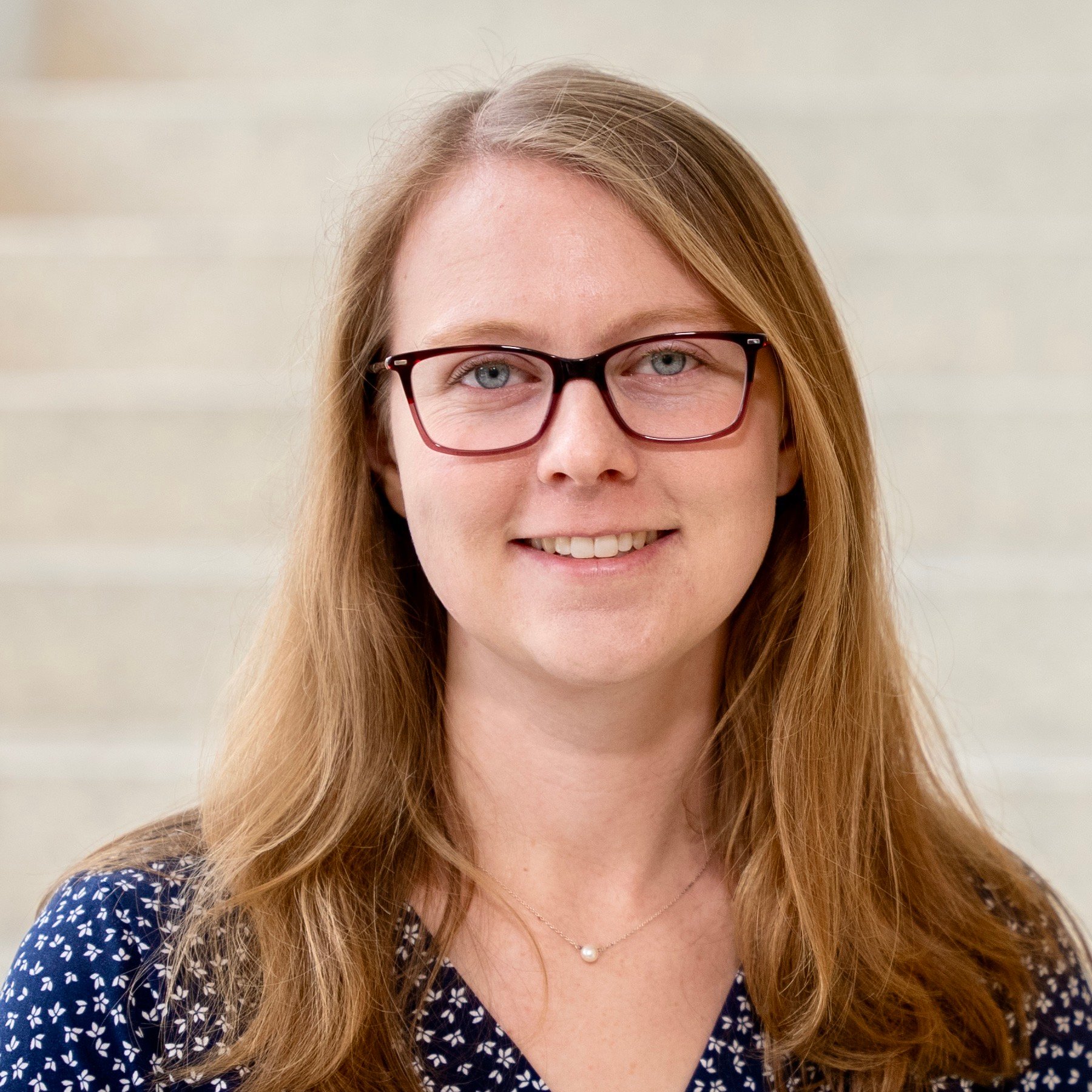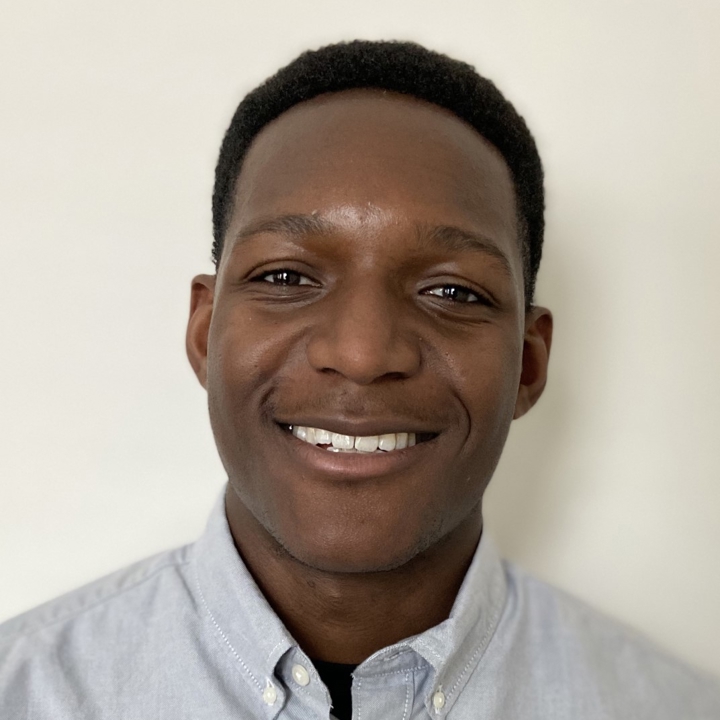Current Board Members
|
|
|
|
 |
|
Ayca Bagci (Ph.D. Candidate) IndEx Board Member, Co-Chair I am a researcher passionate about dissecting challenging scientific problems and bringing innovative and elegant solutions to them. Currently, I am a Ph.D. candidate in the Laboratory of Phillip D. Zamore in the RNA Therapeutics Institute at UMass Medical School (UMMS). I am working on developing a novel system to biochemically label RNA molecules in vivo to study subcellular localization dynamics of piRNA precursors at the single-molecule level through high-throughput sequencing. This approach should be useful for single-molecule studies of the (dys)regulation of RNA trafficking in other cellular systems such as neurons as well. The main skills I have developed are cell culturing, gene engineering, high-throughput RNA sequencing, and bioinformatics analysis. Before my graduate research to experience a wide range of scientific research and learn different disciplines, I worked in various labs. I received my B.Sc. in Molecular Biology and Genetics from Bogazici University in Istanbul, Turkey. At Bogazici University, I was funded by TUBITAK — a national funding agency — for my work on elucidating the role of a novel hexosaminidase enzyme in photoreceptor specification and differentiation. Here, I gained skills in working with flies and immunohistochemistry techniques. Previously, I worked on circadian rhythms at Vanderbilt University where I screened for and identified mutants that disrupt circadian rhythm in the cyanobacterium S. elongates. Additionally, at Radboud University Medical Center, Netherlands I executed experiments to understand a key protein that contributes to the molecular landscape of Alzheimer’s Disease. My undergraduate research experience helped me realize my interest in investing in biochemical pathways and developing tools to understand these pathways. After completing my Ph.D., I aspire to be at the heart of biotechnology and innovation by working as a research scientist in the industry. |
 |
Feiyang Chen (Postdoctoral Associate) IndEx Board Member, Industry Outreach, and Public Relations I am a dedicated polymer chemist with a profound interest in harnessing the potential of polymers for applications in tissue regeneration and drug delivery. I earned my Ph.D. in Chemistry from the University of Connecticut in 2020, where my research focused on the synthesis of polyurethane and graphene. Soon after completing my doctoral studies, I made the decision to channel my expertise in polymer chemistry towards therapeutic applications. Consequently, I joined the Orthopedic Department at the University of Connecticut Health Center as a postdoctoral fellow, concentrating on the development of biodegradable polymers for bone regeneration. In 2022, I had the privilege of becoming a postdoctoral associate at UMass Chan Medical School in the Orthopedic Department. Currently, we are actively engaged in the development of a low-dosage antibiotic coating for orthopedic implants, which can be triggered to release antibiotics in response to bacterial activity. My doctoral training at the University of Connecticut also provided me with opportunities to collaborate with renowned industry leaders such as Henkel and Rogers Corporation. Additionally, I gained valuable industry experience during a summer internship with the Saint-Gobain North America Tape Solutions team. Through these collaborations and internships, I gained a profound appreciation for the significance of maintaining a focus on commercial scalability while pursuing scientific research in an academic setting. Personally, I have benefited immensely from these industrial interactions and internship experiences. As a board member of the IndEx program, I am driven to foster open communication between academia and industry, with the goal of creating opportunities for graduate students and postdocs to thrive in their careers within the biotech industry. |
|
 |
Ailsa Jeffries (Ph.D. Candidate) IndEx Board Member I am a PhD candidate in the lab of Michael Lodato here at UMass Chan Medical School. I use single-cell sequencing technologies to understand aging in the human brain. In addition to next-generation sequencing of RNA and DNA from human tissue, I also use cell culture to model aging with human iPSC-derived neurons. My background includes neuroscience, neurogenetics, and cancer in addition to my current work in aging. I spent two years as a research technician at the Dana-Farber Cancer Institute where I studied the role of genomic instability in CCNE1 amplified gastric cancers. Throughout my training, I have acquired broadly applicable skills including next-generation sequencing from sample preparation through basic QC, library preparation and data analysis of results, screening techniques, molecular biology assays, and stem cell culture. After graduate school, I hope to work in industry, incorporating my skills and interest in genomics with the development of neurodegenerative disease therapeutics. |
|
 |
Megan Fowler-Magaw (Ph.D. Candidate) IndEx Board Member I am currently a graduate student in Dr. Daryl Bosco’s lab in the Neurology Department at the University of Massachusetts Chan Medical School. For my thesis, I am investigating the role of ALS-associated RNA-binding proteins in cellular stress using induced pluripotent stem cell (iPSC)-derived neurons. This research will not only provide insight into mechanisms of cellular stress responses but will also explore whether dysfunction of these responses contributes to neurodegeneration, specifically amyotrophic lateral sclerosis (ALS). Thus far, I have primarily developed skills in iPSC cell culture, molecular biology, and RNA biology. Prior to my graduate studies, I gained research experience in a variety of academic labs and scientific fields. As an undergraduate student, I studied the functional organization of the mouse visual cortex in the lab of Dr. Lindsey Glickfeld at Duke University. I then investigated the role of microRNAs in development with Dr. David Van Vactor at Harvard Medical School. Following graduation, I spent two years with Dr. Matthew Warman pursuing the effect of both lubricin and chondrocytes on cartilage damage. Through these positions, I gained experience with mouse, zebrafish, and drosophila models, as well as skills in molecular biology, mammalian cell culture, cell biology and biochemistry. After finishing my graduate studies, I hope to continue pursuing neuroscience- or disease-related research in an industry setting. |
|
 |
Peren Coskun (Postdoctoral Associate) IndEx Board Member, Co-Chair I am a developmental biologist and geneticist with a strong interest in RNA Biology. Currently, I am a Post Doctoral Associate in the laboratory of Dr. Sean Ryder in the Biochemistry and Molecular Biotechnology Department at the University of Massachusetts Chan Medical School. I am interested in understanding the post-transcriptional regulation of maternal mRNAs in the germline. My project focuses on the translational control mechanism of a maternal gene required for germline proliferation, in the germline and early embryos. During my doctoral studies, I gained experience in biochemistry, cell biology and molecular genetics techniques such as microinjections, CRISPR/Cas9 mutagenesis, RNA-seq, western blotting, immunostaining and fluorescent microscopy. Prior to my graduate research, I worked in several immunology labs. I worked on improving the infection of murine cell lines by retroviruses during my undergraduate thesis project at Sabanci University, and regulation of IL-7R gene expression on T cells during my summer internship at Yale School of Medicine. After my current post-doctoral position, I hope to develop treatments for diseases while working as a scientist in a biotech company. |
|
 |
Nathan Bamidele (Ph.D. Candidate) IndEx Board Member I am a PhD student in Erik Sontheimer’s lab at the RNA Therapeutics Institute at the University of Massachusetts Medical School (UMMS). My current research is focused on developing and improving CRISPR-Cas9 gene editing tools for therapeutic applications. Prior to joining UMMS, I received undergraduate training in Jeremy Sanford’s lab at the University of California Santa Cruz where I gained an interest in nucleic acid research, molecular biology, and their potential as therapeutic reagents. My undergraduate research focused on how disease-causing mutations in splicing regulatory elements impact pre-mRNA splicing mechanisms. Throughout my graduate training I have been able to develop my molecular biology and biochemistry skillset by utilizing structural information for protein and RNA engineering; and becoming proficient in mammalian cell culture, flow cytometry, genome editing assays, protein purification and next-generation sequencing for gene editing analysis. I am excited by the numerous applications of genome editing and molecular systems for therapeutics and biotechnology and am enthusiastic to continue similar work.
|